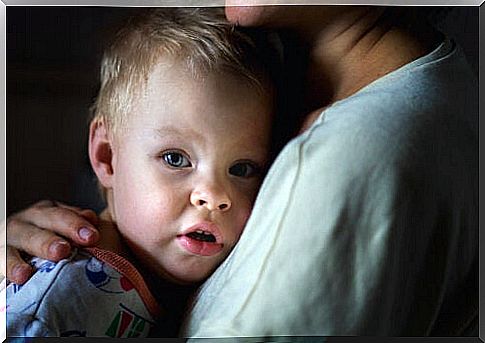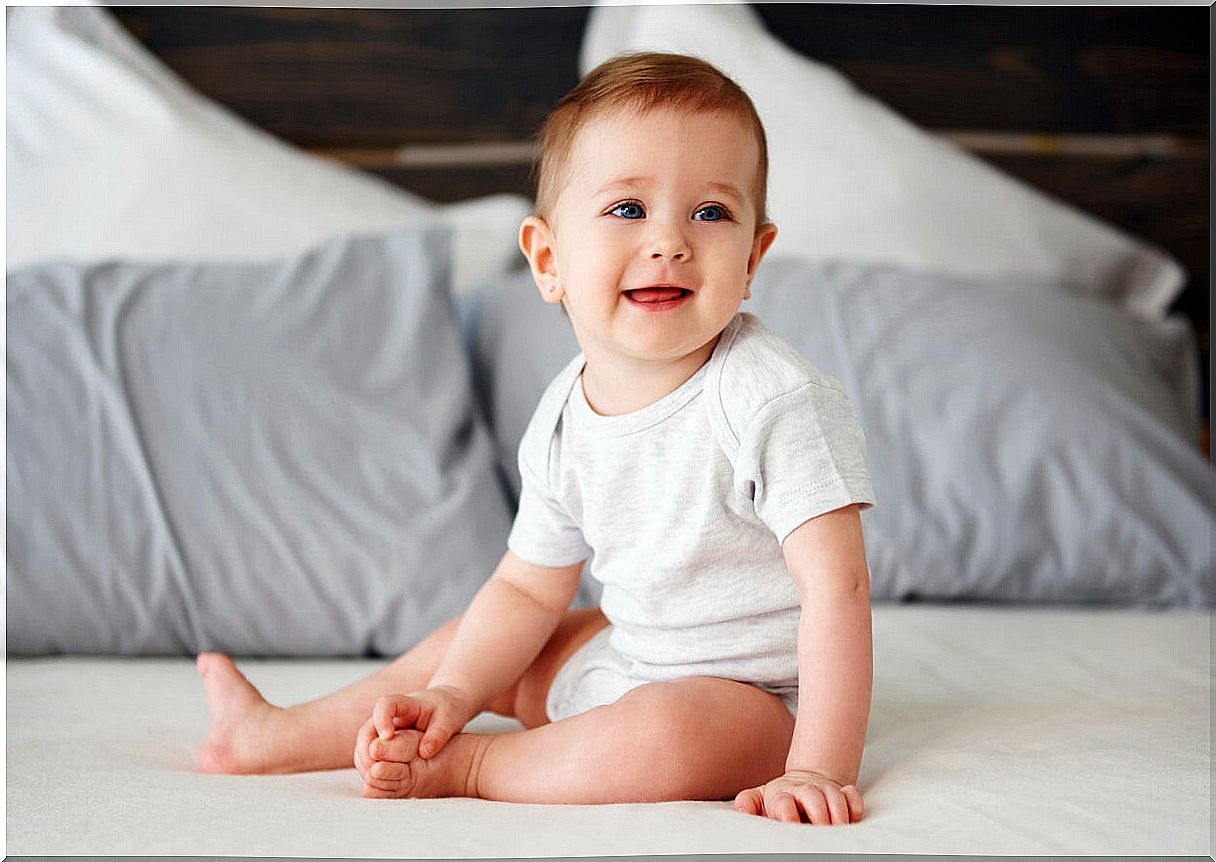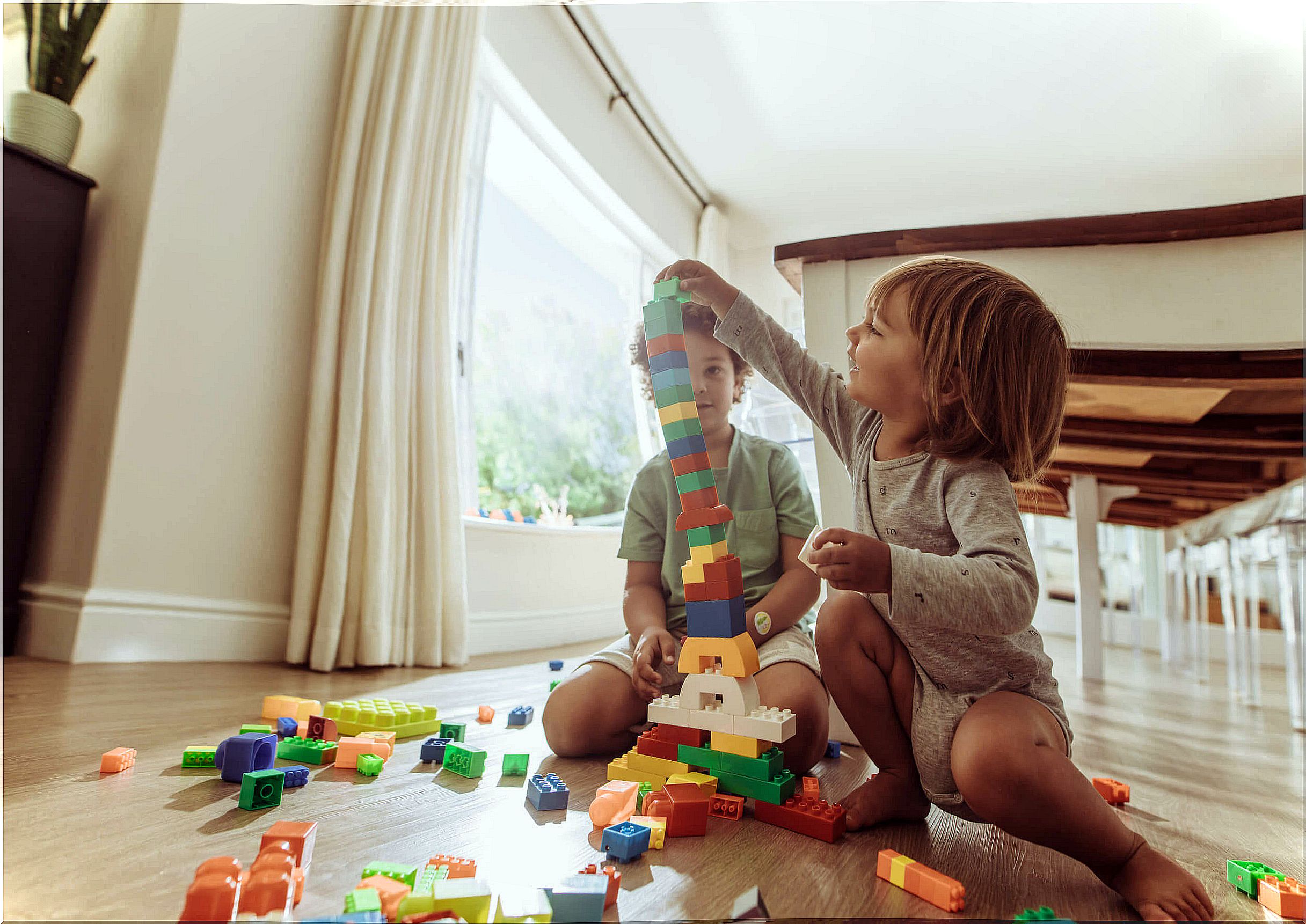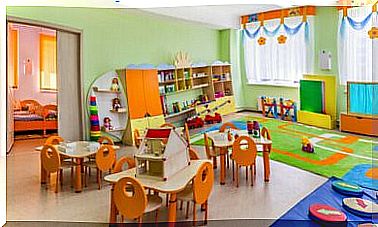Quality Of Fit: How To Adapt To Your Baby’s Temperament? – Being Parents

From birth, all babies have their own temperament, that is, their personal style of interpreting and responding to the environment. Despite a hereditary component, this tendency is shaped according to the child’s first experiences. So when parents understand their baby’s temperament and adjust to it during upbringing, they can achieve much more positive results. This is called goodness of fit.
Sometimes the baby’s temperament will be similar to that of his parents and sometimes not. However, it is not for adults to change their way of being, but simply to adapt educational guidelines to the character and needs of the child.
Know your baby’s temperament to achieve the quality of the fit
Thomas and Chess’ Fit Quality model offers nine main dimensions that make up temperament. And it is these aspects in which parents must seek to adapt their style of education.

Activity level
The most active and restless children enjoy activities that allow them to crawl, climb and move their bodies. However, they need adults to teach them to calm down and identify when they are tired and need a break.
On the other hand, less active babies prefer quiet environments and leisure activities, such as snuggling up to look at a book. But they also ask adults to suggest games and physical tasks that they can engage in at their own pace.
Level of distraction
Some children are easily distracted by environmental stimuli. Therefore, they take advantage of simple routines in which they only perform one activity at a time. But they can also be distracted by uncomfortable bodily sensations. So make sure they are always clean, rested and fed.
Less distracted babies can spend more time absorbed in the same activity. Thus, it is important to offer them alternatives and to warn them in advance of the changes. For example: “In a few minutes, we’ll stop playing and go eat.”
Intensity, one of the dimensions of good fit
Children who feel and express emotions with great intensity need their parents to be able to calm and comfort them without losing their nerves and, in the same way, to teach them to calm down. On the other hand, less intense babies may feel overwhelmed by an exaggerated tone of voice or emotional reaction from their parents, so it’s best to be gentle.
Regularity
Ordinary children have very predictable eating, sleeping and eliminating habits. For them, the routine is pleasant, and therefore it is better to maintain it as much as possible (even during holiday periods).
In contrast, more irregular children ask their parents to be open to improvisation and program changes. However, gradually trying to establish a certain routine can be beneficial.
Sensitivity
The most sensitive babies need calm, low-light environments, preferring soft textures and a quiet tone of voice. The less sensitive appreciate the bright colors and stimulating music. As well as the exploration of new flavors of food and different textures of the environment.
Accessibility
Some infants show a natural inclination to explore the unknown, enjoy visiting new places, and interacting with different people. Others, on the other hand, feel uncomfortable with the novelty, prefer to stay in their parents’ arms, and need more time to adjust to the situation.
Adaptability
The most adaptable children are able to engage in many different activities without a problem and without resisting the change of task. Others need to proceed gradually and make clear transitions. For example, saying “goodbye, toys” before leaving the game to go for a bath.

Perseverance, another dimension of the quality of the fit
Some children are very persistent in their attempts to reach new milestones. They are not frustrated and keep trying until they do. However, other children are more easily frustrated. In this case, it is better to present them with simple tasks, to guide them. And to praise their effort more than the result.
Character
Positive children easily express joy, laugh, and clearly enjoy playing. But they also need to know about other negative expressions and emotions and normalize them.
On the other hand, children of a more serious nature need their parents to understand that their seriousness does not imply that they are angry. In addition, identifying and emphasizing the subtle signs of pleasure and happiness that your child may be showing can be beneficial.
Good fit prevents future problems
Certain types of temperament are linked to emotional or behavioral problems in children. In addition, certain aspects of temperament can lead to poor academic performance, social problems, and even anxiety and depression. Thus, if the parents apply a respectful parenting based on the knowledge of the specific needs of the child, these difficulties can be avoided.









